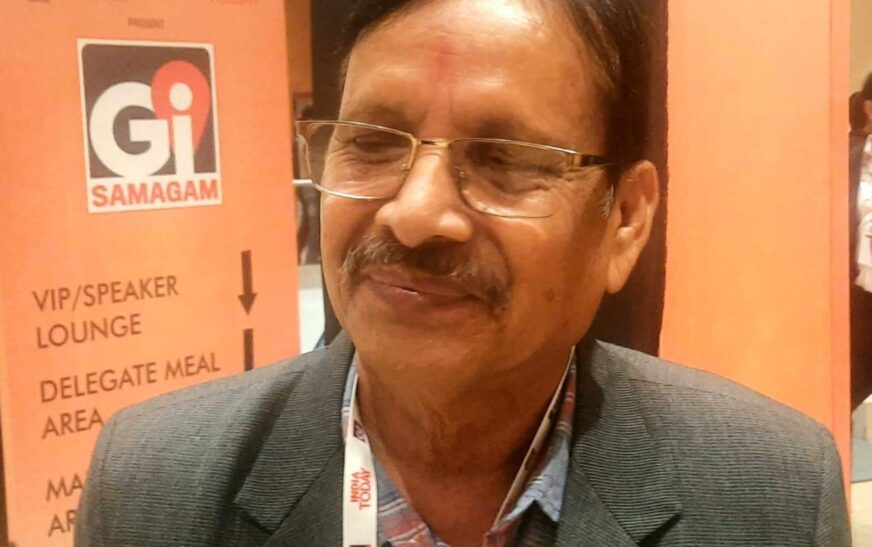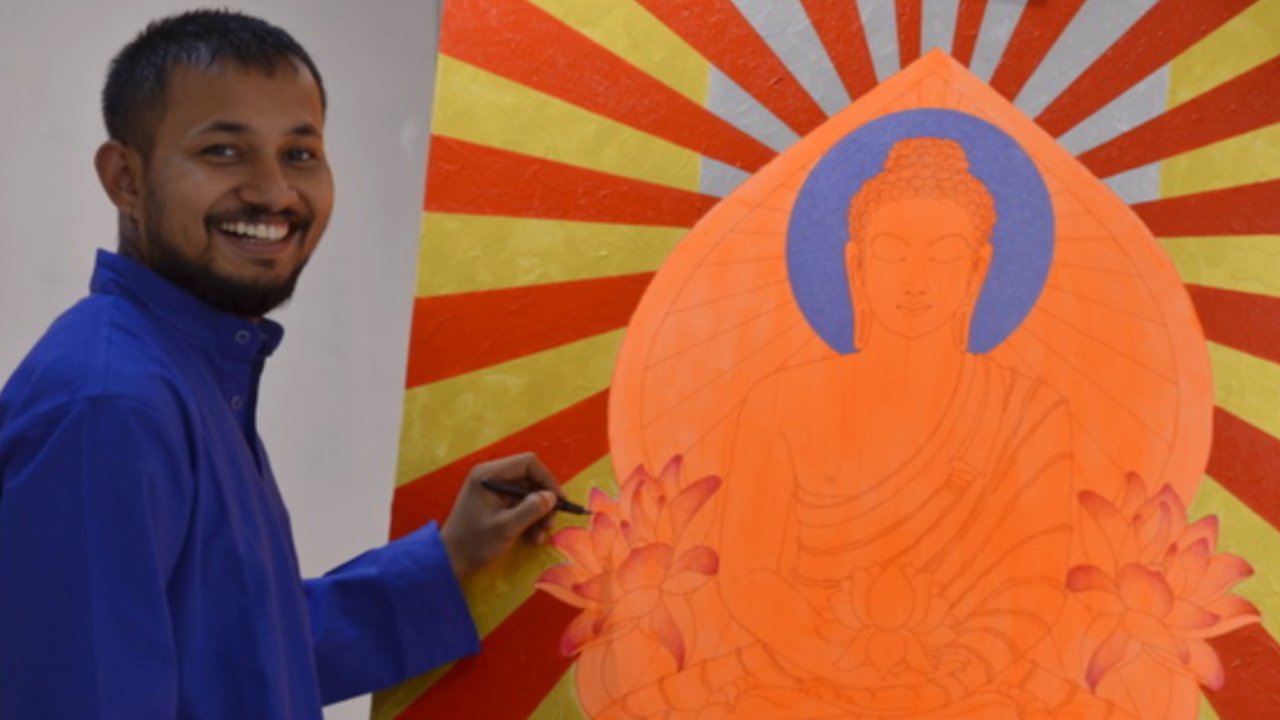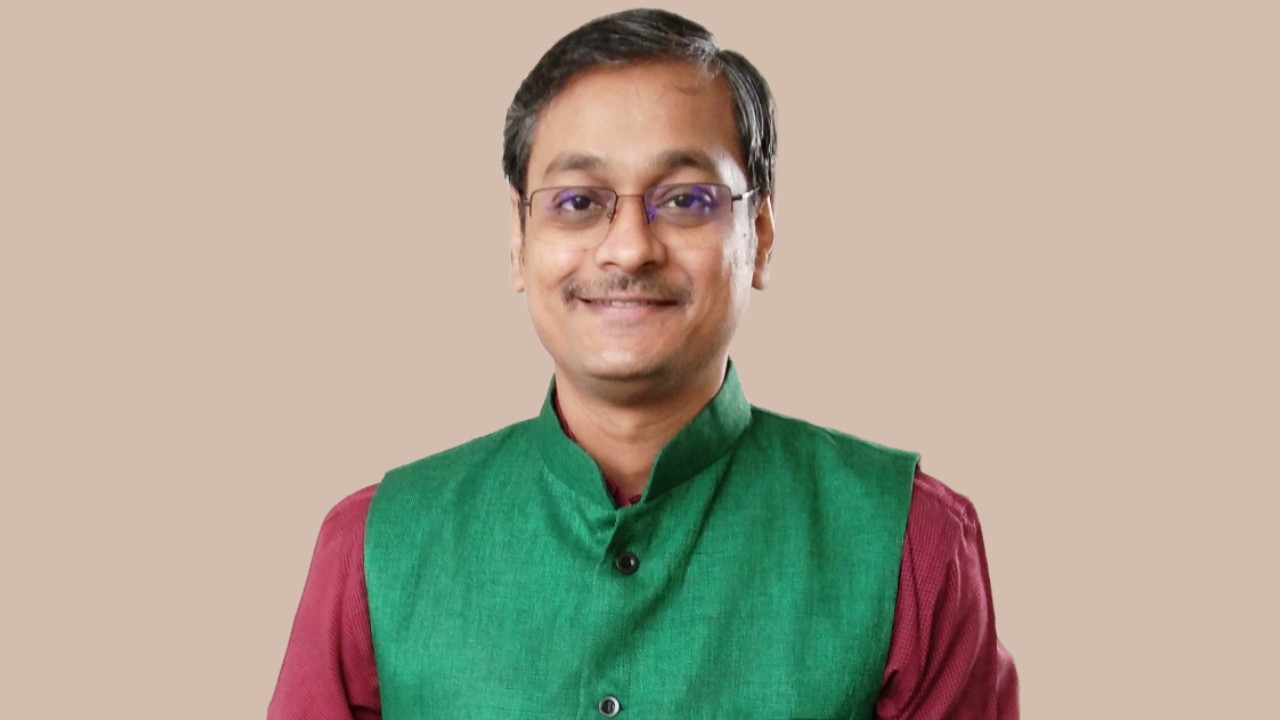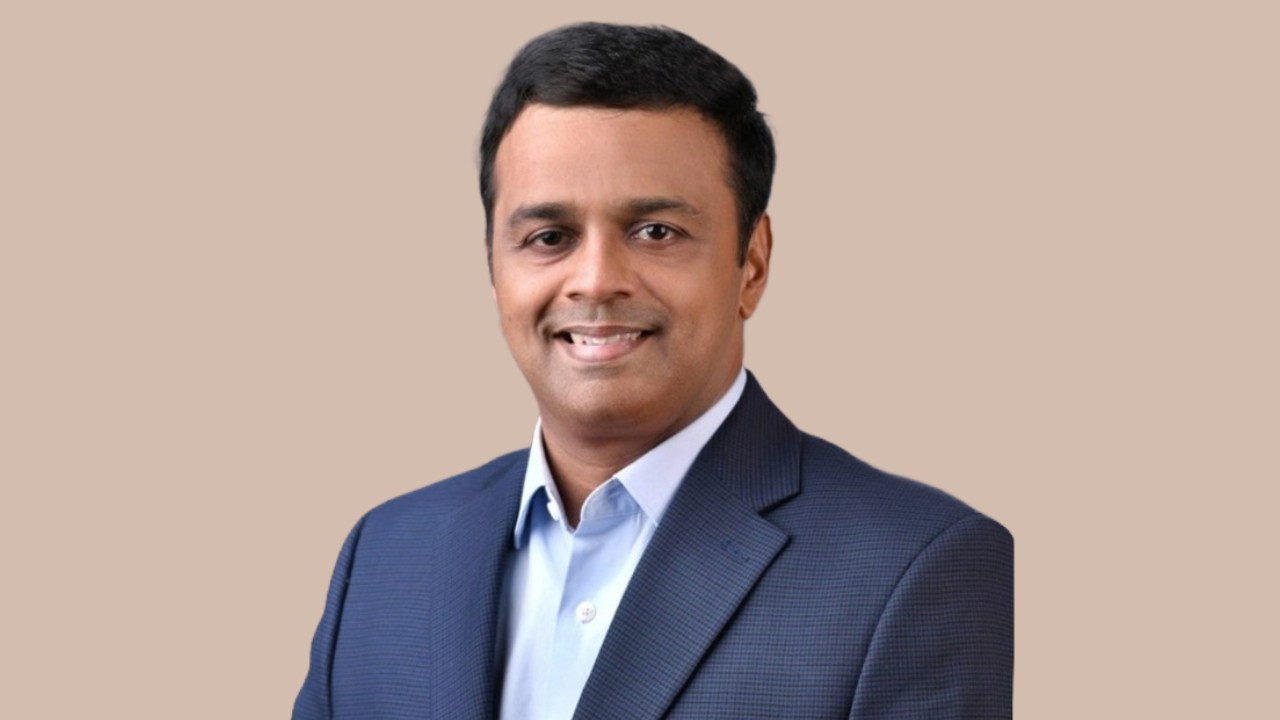The Tribal Cooperative Marketing Development Federation of India (TRIFED), established in 1987, is a national-level apex organization operating under the Ministry of Tribal Affairs. Headquartered in New Delhi, with 13 regional offices across the country, TRIFED’s core mission is to foster the socio-economic development of India’s tribal communities by promoting tribal products.
TRIFED primarily focuses on institutionalizing the trade of Minor Forest Produce (MFP) and Surplus Agricultural Produce (SAP) harvested or cultivated by tribal people. By ensuring fair prices and protecting tribals from exploitation by middlemen, the organization aims to empower them economically. Additionally, TRIFED promotes tribal arts and crafts through its retail network, “Tribes India,” which offers products such as metal crafts, textiles, pottery, and paintings.
A key initiative of TRIFED is the Van Dhan Yojana, launched in 2018. This ambitious program seeks to establish 30,000 Van Dhan Vikas Kendras, designed to enhance the skills of tribal gatherers and improve the marketability of their products. Furthermore, TRIFED’s Minimum Support Price (MSP) scheme for MFP serves as a crucial safety net, ensuring fair compensation for tribal produce. Through capacity building, market development, and sustainable harvesting practices, TRIFED not only supports the economic growth of tribal communities but also preserves their rich cultural heritage.
In an exclusive conversation with The Interview World, Ramsinh Rathwa, Chairman of TRIFED, Ministry of Tribal Affairs, Government of India, shares valuable insights into the artisans who produce tribal products. He also elaborates on the GI (Geographical Indication) products associated with TRIFED, highlights the organization’s efforts to expand the GI product list in collaboration with tribal states, and underscores the importance of cruelty-free silk products crafted across different states. Below are the key takeaways from this enlightening discussion.
Q: Can you provide the number of states and the total count of artisans involved in the production of tribal products, and how many of them are associated with TRIFED?
A: We operate in all the tribal states across the country, with approximately 32-33 lakh people engaged with us. However, every organization plays a role in this initiative. Each Van Dhan centre involves 15 people. When you consider all the individuals associated with a centre, it forms a cluster of around 300 people.
To support these clusters, TRIFED allocates Rs. 15 lakh to each Van Dhan Vikas Kendra. The funds are initially provided to the state, which then establishes a nodal agency to work directly with the tribal communities, taking on their responsibilities. The state government identifies these agencies and offers them the necessary financial backing. These agencies facilitate connections with tribal clusters, selecting tribal products such as paintings and handicrafts. They then adapt these works to align with market demands, empowering the artisans to access broader marketplaces.
Q: How many GI (Geographical Indication) products are currently under TRIFED, and what steps are being taken to collaborate with tribal states to further advance this program?
A: We are in the early stages of working with GI products, currently managing around 24 items. However, we are actively encouraging every state to link their tribal products with GI. We have provided clear guidelines for this process, urging states to either work directly with tribal communities or through local agencies to identify relevant products. We ask them to compile a list of these products and share it with us for GI tagging.
In addition, we emphasize the importance of considering international market demand when selecting these products, ensuring that they can be marketed globally. Our goal is to connect these carefully chosen products with GI status. To advance this, we have now launched an initiative to establish a network with state agencies.
Q: Do you oversee the production of Ahimsa or cruelty-free silk products within your purview?
A: Numerous individuals and organizations are dedicated to promoting cruelty-free silk products. However, TRIFED’s jurisdiction is limited to tribal communities alone. As a result, we can only support and work with tribal artisans in this regard. When the product is not crafted by the tribal community, we are unable to extend our support or intervene, as it falls outside our mandate.
Q: Which states are involved in the production of cruelty-free silk products?
A: The majority of these artisans are based in the Northeast states, Odisha, and Andhra Pradesh. However, a larger number of individuals in the Northeast are actively involved in producing cruelty-free silk products, making the region a significant hub for this initiative.









